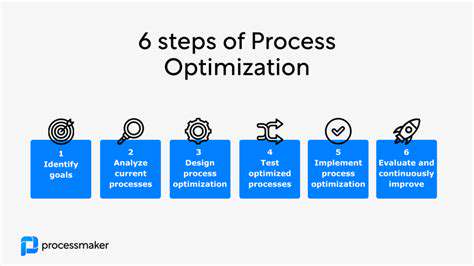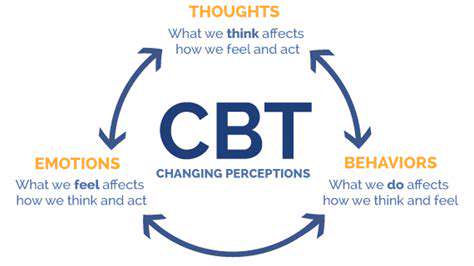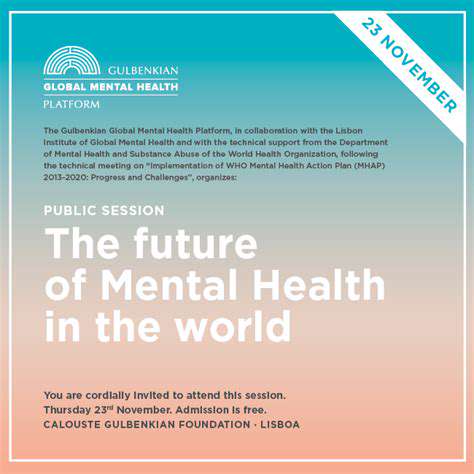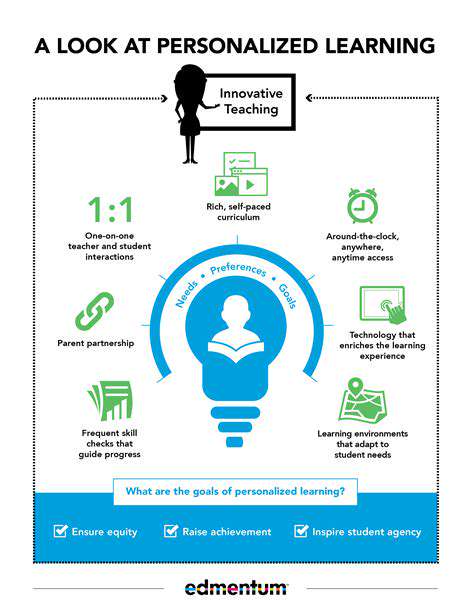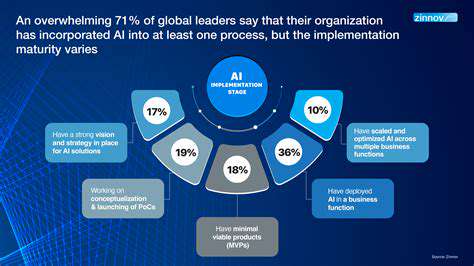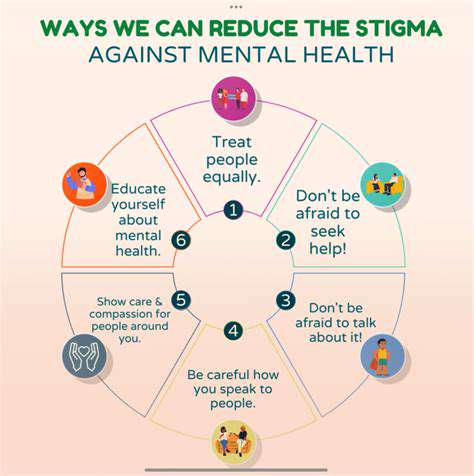The Rise of AI in Therapy: Benefits, Risks, and What to Expect
Addressing Potential Risks and Ethical Considerations
Potential Risks of AI in Therapy
The integration of AI into therapy presents several potential risks that require careful consideration. One significant concern is the potential for biased algorithms. If the data used to train these AI systems reflects existing societal biases, the AI could perpetuate and even amplify these biases in its therapeutic recommendations and interactions. This could lead to unequal access to quality care and potentially exacerbate existing disparities in mental health outcomes. It is imperative that developers and practitioners rigorously test and audit AI systems for bias to mitigate these risks.
Another risk is the potential for over-reliance on AI. While AI can be a valuable tool, therapists and patients must be mindful of the limitations of AI systems. AI cannot replace the nuanced understanding, empathy, and judgment that a human therapist brings to the therapeutic process. Over-reliance on AI could lead to a diminished human element in therapy, potentially hindering the development of strong therapeutic relationships and the exploration of complex emotional experiences. It is crucial to maintain a balance between leveraging AI's capabilities and preserving the importance of human connection in therapy.
Furthermore, concerns about data security and privacy are paramount. AI systems often require access to sensitive patient data. Robust security measures and ethical guidelines are essential to protect this data from unauthorized access, misuse, or breaches. Clear protocols for data encryption, anonymization, and secure storage must be implemented to safeguard patient confidentiality and uphold ethical standards.
Finally, the lack of standardized regulations and oversight for AI in therapy could lead to inconsistent quality of care. Without clear guidelines and regulations, the quality of AI-powered therapeutic interventions could vary significantly depending on the specific AI system and its developer. This lack of standardization could also make it challenging for patients to evaluate the efficacy and trustworthiness of different AI-based therapy options.
Ethical Considerations in AI-Powered Therapy
The use of AI in therapy raises a complex set of ethical considerations that require careful deliberation. One key ethical consideration is the question of accountability. If an AI system provides a recommendation that has negative consequences, who is responsible? Is it the developer of the AI, the therapist using the AI, or the patient themselves? Establishing clear lines of accountability is crucial to ensure that appropriate measures can be taken to prevent harm and rectify any mistakes.
Another ethical concern revolves around the potential for dehumanization. As AI systems become more sophisticated, there's a risk that they could diminish the importance of human connection and empathy in the therapeutic process. It's essential to maintain a focus on the human element in therapy, ensuring that AI is used as a tool to enhance, rather than replace, the therapeutic relationship. Therapists must prioritize the well-being and needs of their patients, not just the efficiency of the AI system.
Furthermore, the potential for misuse of AI in therapy must be addressed. Malicious actors could potentially exploit AI systems to manipulate or harm individuals. It is essential to implement robust safeguards and ethical guidelines to prevent such misuse and ensure that AI-powered therapy is used responsibly and ethically.
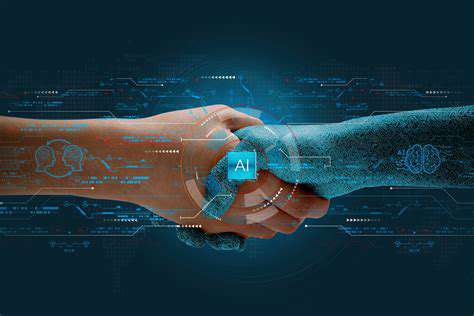
Read more about The Rise of AI in Therapy: Benefits, Risks, and What to Expect
Hot Recommendations
- AI Driven Personalized Sleep Training for Chronic Insomnia
- AI Driven Personalization for Sustainable Stress Management
- Your Personalized Guide to Overcoming Limiting Beliefs
- Understanding Gender Dysphoria and Mental Health Support
- The Power of Advocacy: Mental Health Initiatives Reshaping Society
- Building a Personalized Self Compassion Practice for Self Worth
- The Ethics of AI in Mental Wellness: What You Need to Know
- AI Driven Insights into Your Unique Stress Triggers for Personalized Management
- Beyond Awareness: Actionable Mental Health Initiatives for Lasting Impact
- Creating a Personalized Sleep Hygiene Plan for Shift Workers


